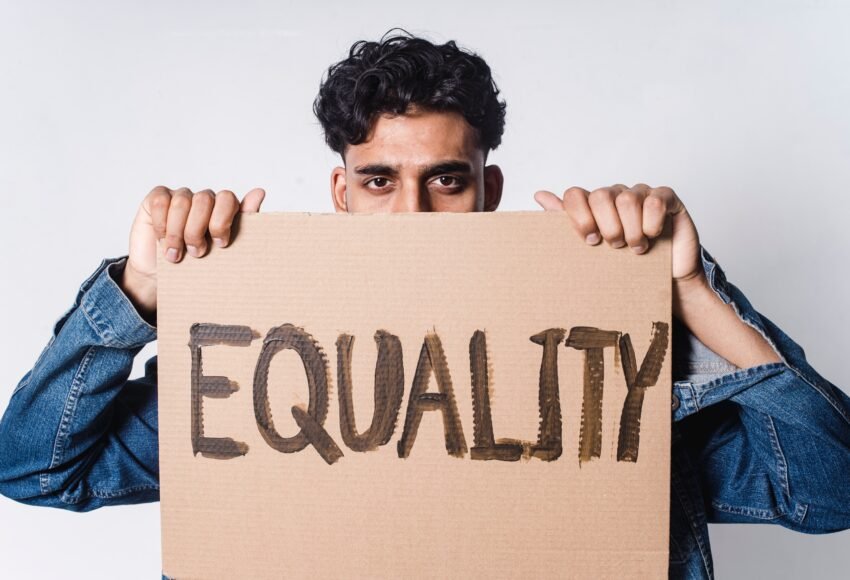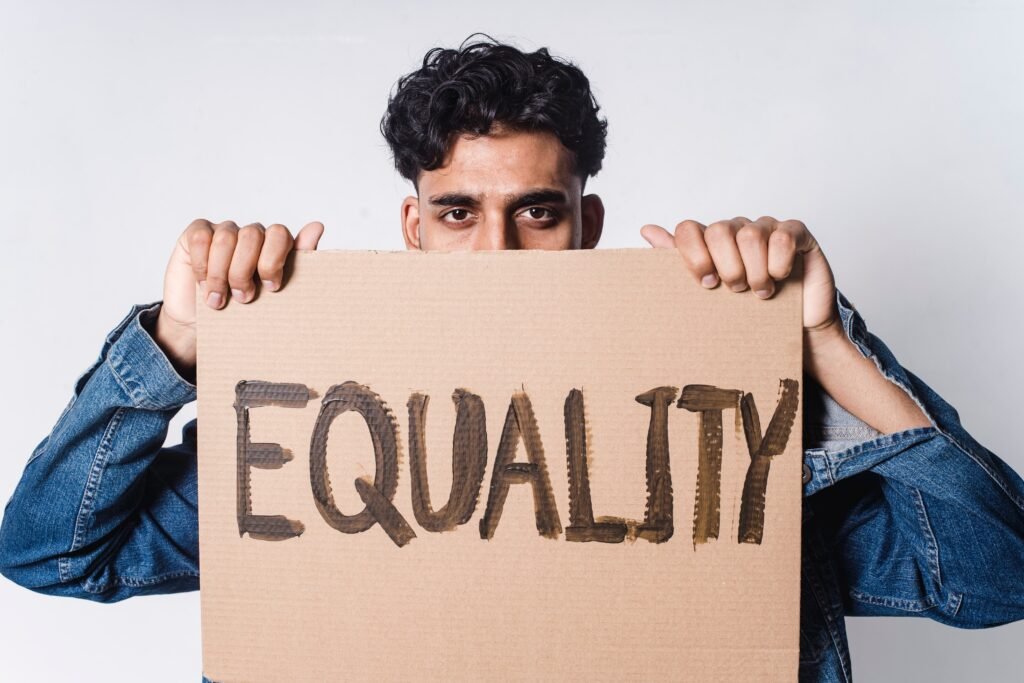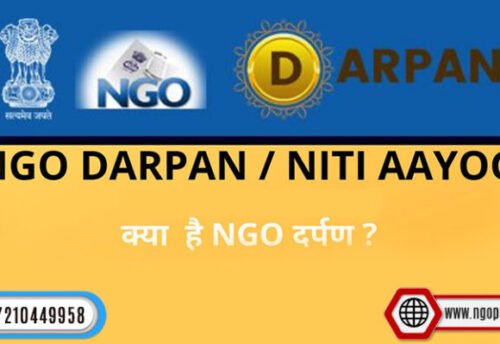
- June 8, 2023
- NGO Partner
- 0 Comments
- 748 Views
- 0 Likes
- Marketing Company Blogs
Empowering Humanity: Unleashing the Force of Human Rights
The Force of Human Rights
This powerful quote by Martin Luther King Jr. encapsulates the essence of human rights, a fundamental pillar of a just and equitable society. Human rights are the inherent rights and freedoms to which every individual is entitled, regardless of their nationality, race, gender, religion, or any other characteristic. They encompass the principles of dignity, equality, and justice, serving as a moral compass for societies worldwide.

At their core, human rights recognize and uphold the inherent worth and value of every human being. They encompass a wide range of rights, including civil, political, economic, social, and cultural rights, ensuring that individuals can live with dignity, freedom, and fairness. Human rights are not merely legal or moral principles; they form the foundation for building inclusive and harmonious societies.
The importance of human rights cannot be overstated. They serve as a safeguard against discrimination, oppression, and injustice. Human rights empower individuals, giving them the freedom to express themselves, participate in decision-making, and live a life of dignity. Moreover, human rights promote social cohesion, sustainable
development, and peaceful coexistence. When human rights are respected and protected, societies thrive, and individuals have the opportunity to reach their full potential.
In this blog, we will delve deeper into the concept of human rights, exploring their categories, significance, and the challenges faced in their implementation. Join us on this journey to discover the transformative power of human rights and the role they play in shaping a more just and inclusive world.
What are Human Rights?
Defining human rights and their universal nature: Human rights are the inherent entitlements of all individuals, irrespective of their nationality, race, or background. They embody the principles of universality, applying to every person worldwide. Human rights ensure that everyone is treated with dignity, fairness, and equality, forming the cornerstone of a just and inclusive society.
Historical background and development of human rights: The concept of human rights has evolved throughout history, with significant milestones shaping their recognition and protection. From the Magna Carta to the Universal Declaration of Human Rights, historical events have contributed to the advancement of human rights, solidifying their position in international law and establishing the responsibilities of states and individuals.
Key principles and values underlying human rights: Human rights are grounded in fundamental principles and values. These include the principles of equality, non-discrimination, and the rule of law. The values of freedom, justice, and respect for human dignity are at the heart of human rights, ensuring that individuals have the right to life, liberty, security, and a range of other rights essential for their well-being.
By understanding the universal nature of human rights, tracing their historical development, and grasping the underlying principles and values, we can appreciate the profound significance of human rights in safeguarding the rights and freedoms of every individual. Join us as we delve deeper into the realm of human rights and explore their transformative potential for societies worldwide.
Categories of Human Rights
Exploring different categories of human rights: Human rights encompass a rich tapestry of categories, including civil, political, economic, social, and cultural rights. Each category represents a distinct aspect of human existence, ensuring a holistic approach to human dignity, freedom, and well-being.
Examples and explanations within each category: Civil rights encompass fundamental liberties, such as the right to life, freedom of expression, and the right to a fair trial. Political rights grant individuals the ability to participate in government and engage in political activities. Economic rights focus on fair working conditions, adequate standard of living, and access to education and healthcare. Social rights include the right to housing, social security, and a healthy environment. Cultural rights protect cultural diversity, freedom of religion, and participation in cultural life.
Interconnectedness and indivisibility of human rights: It is crucial to recognize the interconnectedness and indivisibility of human rights. Each category of rights relies on the others for their full realization. For instance, political rights cannot be fully exercised without access to education or adequate healthcare. Human rights form an interdependent framework that ensures the comprehensive well-being and dignity of individuals.
By exploring the diverse categories of human rights, understanding their examples and explanations, and acknowledging their interconnectedness, we unveil the intricate tapestry that upholds the essence of human rights. Together, these rights contribute to the harmonious development of individuals and societies, fostering a world where all can flourish and thrive. Join us on this multifaceted journey as we delve into the richness and significance of human rights in our lives.
The Importance of Human Rights
Promoting peace and stability: Human rights play a vital role in promoting peace and stability by fostering a culture of respect, understanding, and tolerance. When individuals’ rights are protected and upheld, conflicts are mitigated, and societies can thrive in an environment of harmony and mutual respect.
Protecting individuals from discrimination, violence, and oppression: Human rights serve as a shield, safeguarding individuals from discrimination, violence, and oppression. They ensure that every person is treated with dignity and equality, irrespective of their race, gender, religion, or any other characteristic, creating a just and inclusive society for all.
Contributing to sustainable development and societal well-being: Human rights are crucial for sustainable development and the well-being of societies. They empower individuals to access education, healthcare, and economic opportunities, leading to poverty reduction and improved quality of life. Human rights also promote social justice, environmental sustainability, and participatory governance, creating a foundation for thriving and resilient communities.
By recognizing the importance of human rights in promoting peace, protecting individuals, and fostering sustainable development, we unlock the transformative potential that lies within each of us. Together, let us harness the power of human rights to create a world where freedom, equality, and dignity are the guiding principles for all. Join us on this empowering journey as we delve deeper into the profound impact of human rights on individuals and societies.
Challenges and Progress in Human Rights
Addressing current challenges and violations: Human rights face numerous challenges and violations globally. From systemic discrimination to social inequality, these challenges persist in various forms. It is imperative to shed light on these issues and advocate for change to ensure the full realization of human rights for all individuals.
Examples of positive developments and progress: Amidst the challenges, there have been noteworthy advancements in the field of human rights. Strides have been made in promoting gender equality, combating racial discrimination, and protecting vulnerable populations. Landmark legal decisions, grassroots movements, and increased awareness have contributed to positive changes and the recognition of human rights.
Role of individuals, organizations, and governments: Upholding human rights requires collective action. Individuals, organizations, and governments play vital roles in promoting and protecting human rights. By raising awareness, advocating for policy changes, and implementing effective measures, they contribute to the progress of human rights. Collaboration and commitment are essential in addressing challenges, advancing human rights, and fostering a more just and inclusive world.
In the face of challenges and violations, we find inspiration in the positive developments and progress achieved in the realm of human rights. Together, we can overcome hurdles and work towards a future where human rights are universally respected and upheld. Join us as we explore the challenges, celebrate progress, and recognize the crucial roles individuals, organizations, and governments play in the journey towards a more equitable and rights-conscious world.
In conclusion, human rights remain fundamental in fostering a just and inclusive society. By upholding the principles of equality, dignity, and freedom, human rights serve as a guiding light in promoting social harmony and justice for all individuals. It is crucial for each of us to be aware of our own rights and to actively advocate for the rights of others, ensuring that no one is left behind or marginalized. Let us stand united in our commitment to human rights and work towards a world where every person’s rights are respected and protected.
To further engage with human rights issues, there are various resources and avenues available. Stay informed by following reputable human rights organizations, accessing educational materials, and participating in local and global campaigns. Engage in dialogues that promote understanding, empathy, and inclusivity. Support initiatives that uphold human rights values and provide assistance to those in need. Together, we can make a difference by promoting human rights in our communities and beyond.
Remember, the journey towards a world where human rights are universally upheld is ongoing. By taking action, raising our voices, and advocating for justice, we contribute to the realization of a more equitable and rights-conscious society. Let us continue to be champions of human rights, driving positive change and creating a better future for all.




Leave a Comment